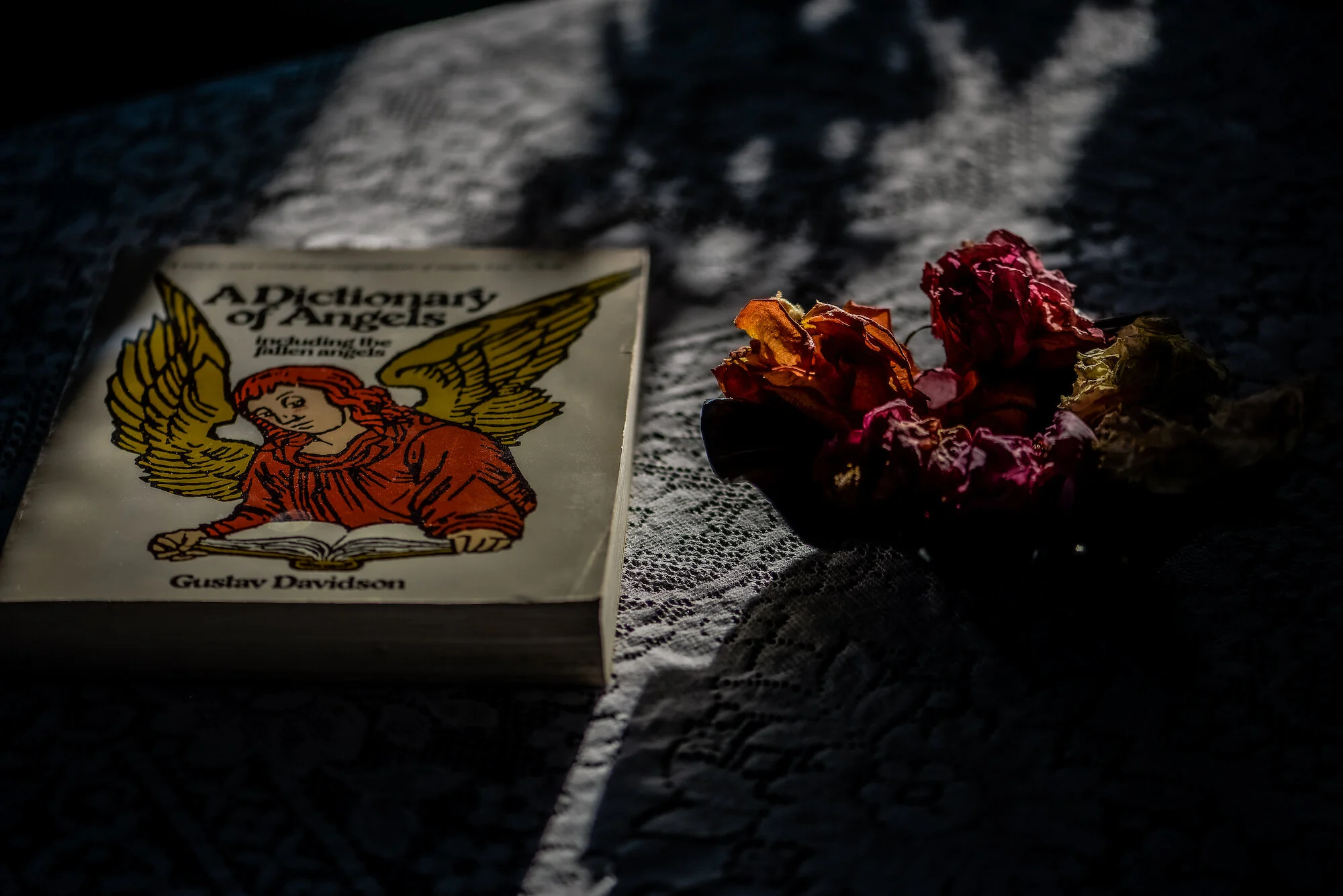Yes the Twentieth Century, Yes the Dictionary of Angels
One of the most popular posts on this blog is titled 5 Poems About Libraries. Maybe no big surprise, as many of you are both fans of libraries and poetry. You are my people!
So you’ll remember one of my favourite poems:
In the Library
by Charles Simic
There’s a book called
A Dictionary of Angels.
No one had opened it in fifty years,
I know, because when I did,
The covers creaked, the pages
Crumbled. There I discovered
The angels were once as plentiful
As species of flies.
The sky at dusk
Used to be thick with them.
You had to wave both arms
Just to keep them away.
Now the sun is shining
Through the tall windows.
The library is a quiet place.
Angels and gods huddled
In dark unopened books.
The great secret lies
On some shelf Miss Jones
Passes every day on her rounds.
She’s very tall, so she keeps
Her head tipped as if listening.
The books are whispering.
I hear nothing, but she does.
You’ll know that this poem is a fave of mine, not just because of libraries, but because of angels, and because I’m ridiculously tall (and work in a public library). I finally found a copy, used, of A Dictionary of Angels, so I can say my own personal angel library is in a happy place. The angels, as I’ve often said, are not so much in the book, as they are in the library. The place is lousy with angels.
Well. The world needs us all to be angels now, doesn’t it.
I took another book off my shelf. They call. I answer.
From White Ink, Hélène Cixous:
“The state of the world — I don’t think it will ever be better. It’s been a long time since I have found myself acquiescing to its tragic structure.”
“Evil (and its evil spirits — who have the power and the majority) is invincible at the root and inevitable. The source of one plague is extinguished. So evil invents another plague. Yes, the twentieth century was stitched of camps (I use to see it as an immense skin sewn up with threads of barbed wire), and the twenty-first century will be lacerated, wounded, stabbed with other technologies.”
Cixous asks, “Can one stop repetition, or unexpectedly jar the machine? That’s the question which to me represents “hope.” Hope, that I don’t have, that is at most an incessant search for lines of flight.”
How to jar the machine? How to get the angels searching for lines of flight? How, as Cixous says, do we resist “the temptation of weariness and discouragement?”






